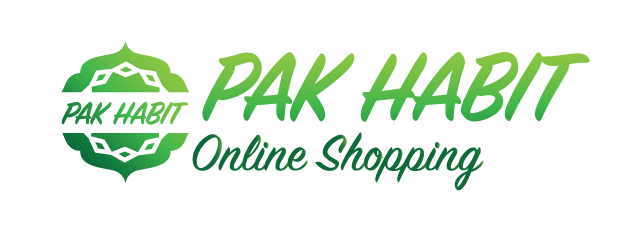The Sweet Potential of Honey in Pakistan – Challenges & Opportunities
Honey is a natural sweetener that has been enjoyed for centuries. In recent years, it has gained popularity as a healthy alternative to sugar due to its numerous health benefits. Pakistan is one of the countries that have the potential to become a major player in the global honey market. In this comprehensive guide, we will explore the sweet potential of honey in Pakistan.
According to the Ministry of National Food Security and Research, Pakistan has a potential honey production capacity of 110,000 metric tons per annum. However, the country is currently producing only around 15,000 metric tons, which is a small fraction of its potential. The good news is that the government is taking steps to promote modern beekeeping techniques to boost honey production in the country.
One of the most significant challenges for beekeepers in Pakistan is the lack of modern equipment and technologies. During a meeting, President Dr. Arif Alvi stressed the importance of modernizing beekeeping practices to increase honey yield. He also highlighted the need to provide training and support to beekeepers to help them adopt modern techniques.
Apart from its economic potential, honey production can also benefit the environment and promote sustainable agriculture. Bees play a vital role in pollination, which is essential for the growth of crops. By promoting beekeeping, Pakistan can not only boost honey production but also enhance crop yields and promote biodiversity.
When it comes to Pakistani honey, the country has a lot to offer. The honey is extracted from a variety of flowers, including acacia, mustard, and wildflowers, which gives it a unique flavor and aroma. Pakistani honey is also known for its health benefits, such as its antibacterial and anti-inflammatory properties.
Challenges and opportunities of honey industry in Pakistan
Despite the potential and growth of honey industry in Pakistan, there are still some challenges that need to be addressed to ensure its sustainability and profitability. Some of these challenges are:
– Lack of quality control and standardization of honey products
– Lack of awareness and training among beekeepers on modern beekeeping techniques and best practices
– Lack of access to credit and markets for small-scale beekeepers
– Lack of research and development on bee health, disease management and pollination services
– Climate change impacts such as droughts, floods, pests and diseases that affect bee colonies and honey production
To overcome these challenges and tap into the opportunities of honey industry in Pakistan, some of the possible solutions are:
– Developing and implementing national quality standards and certification systems for honey products
– Providing technical assistance and capacity building for beekeepers on improved beekeeping methods, equipment and marketing skills
– Establishing cooperatives and associations for beekeepers to facilitate collective bargaining, value addition and market linkages
– Promoting research and innovation on bee biology, ecology and management to enhance honey yield and quality
– Supporting afforestation and biodiversity conservation initiatives to provide more habitats and resources for bees and other pollinators
Honey production has immense potential in Pakistan. By promoting modern beekeeping practices, providing training and support to beekeepers, and investing in the honey market, Pakistan can become a major player in the global honey industry. Not only will this benefit the economy, but it will also promote sustainable agriculture and benefit the environment. So, why not try Pakistani honey and enjoy its sweet benefits today!







Leave a Reply